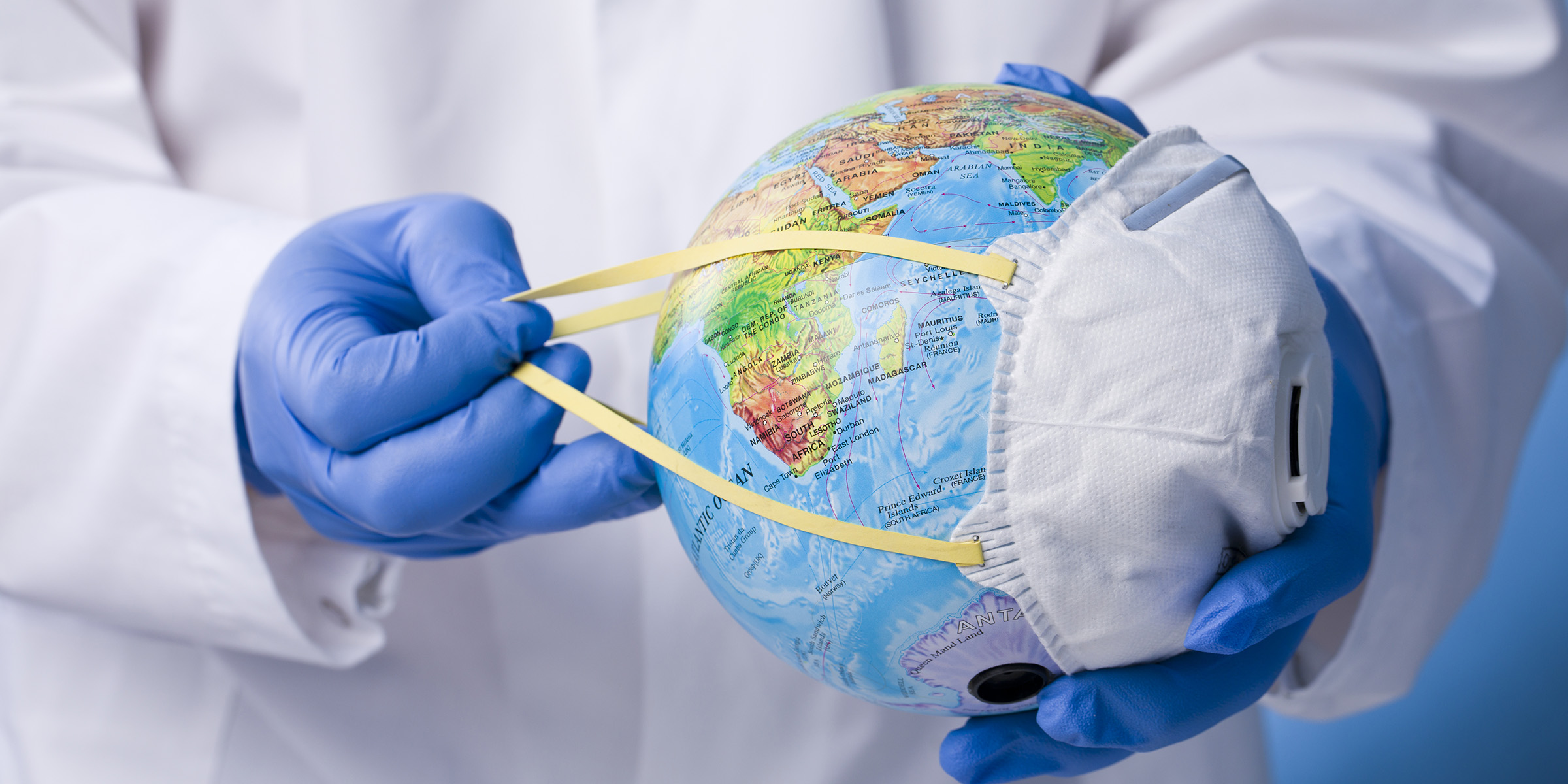Sallie Ria D. Malayan reflects on the crucial role Filipino nurses working in Norway have played during the COVID pandemic.
Immigrant Filipino healthcare workers eager to assist Norwegian colleagues
The Norwegian Health Authorities confirmed the first case of Covid-19 in the country on February 26, 2020. Following the announcement by the World Health Organization (WHO) that COVID reached the stage of a pandemic, the Norwegian government introduced a number of measures, including a national lockdown, social distancing, mask wearing in public, mandatory 14-day quarantine period for incoming international travelers, and later limiting both domestic and international flights.
The pandemic posed many challenges to the Norwegian society, especially in the healthcare industry. Approximately 3,000 Filipino nurses and other healthcare professionals working in Norway have been tapped to respond to the emerging health and safety challenges stemming from COVID.
A number of Filipino immigrants with healthcare background also communicated their wish to ease the workload of the healthcare workers overwhelmed by the pandemic. Their offer was appreciated, however, the government put in place a set of prerequisites before volunteers were accepted; fluency in Norwegian was one of the prerequisites.
My reaction to the WHO announcement
I was on duty when WHO announced the pandemic. Watching the announcement on TV seemed surreal. The tension, anxiety, stress, and shock were palpable.
In order to mitigate the infection, we opted to work exclusively in our assigned workplace. When the health trust declared a red-level alert, drastic changes took place affecting the organization of health and auxiliary services, including food services, maintenance, and sanitation.
Before the Easter holiday last year, I was pulled out from my department and assigned to a COVID observation post, where patients tested for the coronavirus were admitted while waiting for the results of their tests. The assignment caused some anxiety and stress as I was afraid I could get infected. As I listened to the news about the spread of COVID throughout Europe and high mortality rates in Italy, for example, it was very difficult to remain calm and hope that the situation in Norway would not worsen into such critical levels.
As I donned my personal protective equipment (PPE), I still feared contracting the infection and passing it to my spouse, colleagues or friends. News about the COVID outbreaks in some Norwegian health institutions and stories from Filipinos who got infected significantly increased my anxiety. I realized that I needed to stay physically fit and adhere to the infection protocols to better protect myself and my loved ones against the deadly virus.
The assignment posed a lot of challenges especially when assisting patients with mental health problems who did not understand why they had to remain in isolation. The department leadership brainstormed every day to implement new strategies to address existing risks.
These were indeed difficult times that required concerted efforts from everyone.
The effects of the pandemic on our well-being
Clearly, the pandemic has impacted not only our physical health, but also mental wellness and socio-economic stability. It was overwhelming, especially for those of us whose families live thousands of miles away, in a country with limited resources to combat the disease.
While the past year has not been anybody’s favorite, it has been an important one. It made us realize many things. I for one, realized that working in the healthcare sector will never leave me short of job opportunities, even during a pandemic. The nursing profession has garnered renewed recognition worldwide. The applause campaigns warmed our hearts. The appreciation of the value of life, family, and close ties intensified as well during this special time.
On the other hand, numerous challenges have arisen. The shortage of nurses in Norway was very pronounced. Many of the Filipino nurses I know admitted that it was very tiring to work during this pandemic. Understaffing, long shifts, heavier tasks, and lack of resources discouraged several healthcare professionals. The Filipino community offered manpower to boost the Norwegian healthcare system; new immigrants with healthcare and social care backgrounds volunteered their services.
Many admired their efforts, but the process of qualifying these aspiring health workers was demanding as it required competency assessment and language skill proficiency in order to work under auxiliary provision or with guidance of authorized health personnel, the only positions they can assume according to the Norwegian Directorate of Health.
Tapping into individual and community resilience
Filipinos are always ready to extend a helping hand, especially during difficult times. We also have a strong sense of resilience and camaraderie. Lots of support groups have been established around the globe to assist our fellow countrymen and countrywomen suffering because of COVID. Filipino nurses in Europe and around the globe called for unity to assist one another, especially in relieving their trauma stemming from working closely with COVID victims.
The growing number of infections among immigrants provided inspiration for relaunching of the Filipino Helping Society in Norway (Det filippinske hjelpesamfunn i Norge – FHS). Through voluntary work, specifically our program FHS Covid-19 Infodrive 2021, we provided information and guidance to our community and other ethnic groups in Norway regarding prevention and the management of COVID infection and its physical and psychological effects.
On September 25, 2021, all restrictions in Norway have been lifted. However, assistance to COVID patients will continue to address the long-term effects of the disease. Healthcare providers, including nurses, already strained by the battle with the pandemic, will not enjoy calmer days anytime soon. Our rightful compensation will remain under constant negotiation despite the awareness of the value of our service.
A large number of Filipino nurses working in Norway will continue to provide for themselves and their families in the Philippines and patiently wait for the situation to get better no matter how long it might take.
By Sallie Ria D. Malayan
